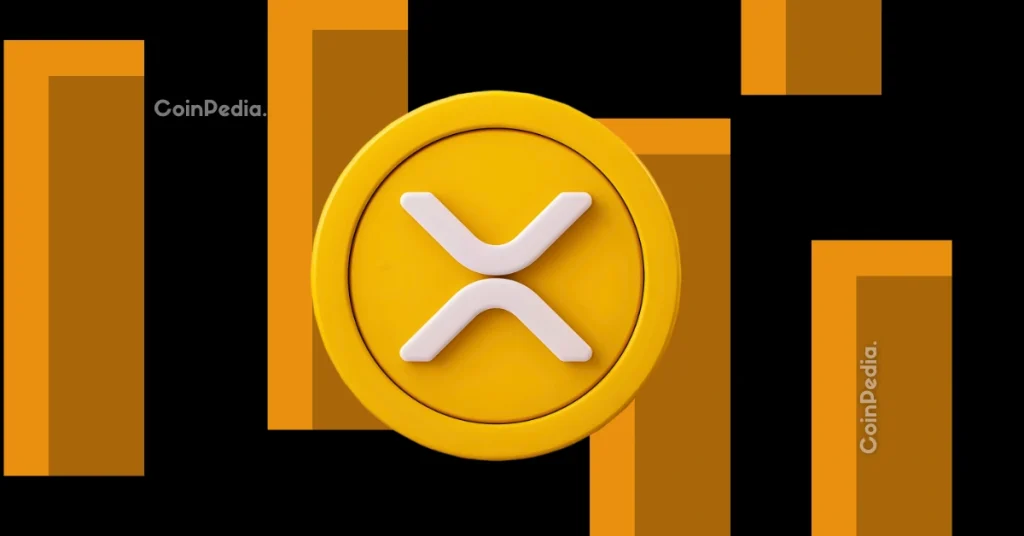In a landmark development set to reshape institutional engagement with digital assets, BlackRock, the world’s largest asset manager, has officially registered a Staked Ethereum Trust in Delaware. This strategic move signifies a profound shift, signaling that institutional giants are now moving beyond passive exposure to cryptocurrencies and actively embracing crypto-native yield generation mechanisms like staking. Coming just months after the approval of various spot crypto ETFs, BlackRock’s latest initiative underscores a growing comfort and sophistication within traditional finance regarding the intricate world of blockchain technology and its inherent financial opportunities.
The Institutional Staking Frontier
For years, institutional investors largely focused on gaining price exposure to cryptocurrencies through futures contracts or, more recently, spot ETFs. However, the allure of active yield generated by participating directly in blockchain networks has become increasingly undeniable. BlackRock’s foray into staked Ethereum is not merely an incremental step; it’s a bold declaration that crypto’s financial primitives are ready for mainstream institutional integration. By establishing this trust, BlackRock aims to provide accredited investors with a secure, regulated vehicle to not only hold Ethereum but also earn rewards by contributing to its network security through staking.
How the Staked Ethereum Trust Works
The newly registered trust is designed to simplify access to Ethereum staking for institutional clients who might otherwise be deterred by the technical complexities, operational overhead, and regulatory ambiguities associated with direct participation. While specific details of BlackRock’s operational model are still emerging, similar trusts typically involve pooling investor funds, converting them into ETH ($3,260.35), and then delegating these assets to professional validators on the Ethereum network. The rewards generated from securing the blockchain, paid out in ETH, are then distributed proportionally to the trust’s investors, offering a novel form of yield in a low-yield traditional financial landscape.
- Access to ETH Staking Yield: Provides institutional investors a pathway to earn native Ethereum rewards.
- Institutional-Grade Security: Leverages BlackRock’s infrastructure for enhanced asset protection and operational integrity.
- Regulated Structure: Operates within a familiar trust framework, offering a layer of regulatory oversight.
- Simplified Operational Overhead: Eliminates the need for clients to manage validators or complex smart contract interactions directly.
- Diversification Benefits: Offers a new asset class for portfolio diversification, combining digital asset exposure with income generation.
Regulatory Implications and Market Impact
BlackRock’s embrace of staked Ethereum inevitably brings the regulatory spotlight back to the nature of staking itself. While the SEC has previously offered cautious comments regarding staking’s potential classification as a security, a major player like BlackRock entering the space could either push for clearer guidelines or navigate existing ambiguities with robust legal frameworks. The market impact is expected to be significant. Increased institutional demand for ETH to participate in the trust could provide sustained buying pressure, further validating Ethereum’s utility and economic model. Moreover, this move could trigger a domino effect, prompting other large asset managers to explore similar offerings, potentially funneling substantial capital into the liquid staking ecosystem and, by extension, the broader decentralized finance (DeFi) landscape.
- Increased institutional demand for Ethereum, potentially impacting its price.
- Validation of staking as a legitimate financial product, potentially paving the way for further institutional adoption.
- Intensified debate and scrutiny from regulators regarding staking’s legal classification.
- Potential for greater capital concentration in specific staking entities if large trusts dominate the validator landscape.
- Acceleration of the convergence between traditional finance and crypto-native yield mechanisms.
Conclusion
BlackRock’s Staked Ethereum Trust is more than just another product launch; it represents a pivotal moment in the ongoing integration of traditional finance and the crypto economy. It underscores the maturation of digital assets beyond speculative trading to sophisticated financial instruments capable of generating sustainable yield. As institutional capital increasingly flows into these crypto-native mechanisms, the landscape of global finance continues its irreversible evolution, with Ethereum staking now firmly positioned on the institutional radar as a potentially transformative investment opportunity.
The post BlackRock Launches Staked Ethereum Trust: A New Era for Institutional Crypto Yield? appeared first on FXcrypto News.











![Crypto News Today, Dec 12, 2025: [Live] Market Updates, Breaking Headlines & Price Alerts](https://image.coinpedia.org/wp-content/uploads/2025/05/17173854/Coinpedia-Digest-Top-Crypto-News-This-Week-Hacks-Regulations-and-Institutional-Adoption-1-1024x536.webp)




 24h Most Popular
24h Most Popular





 Utilities
Utilities